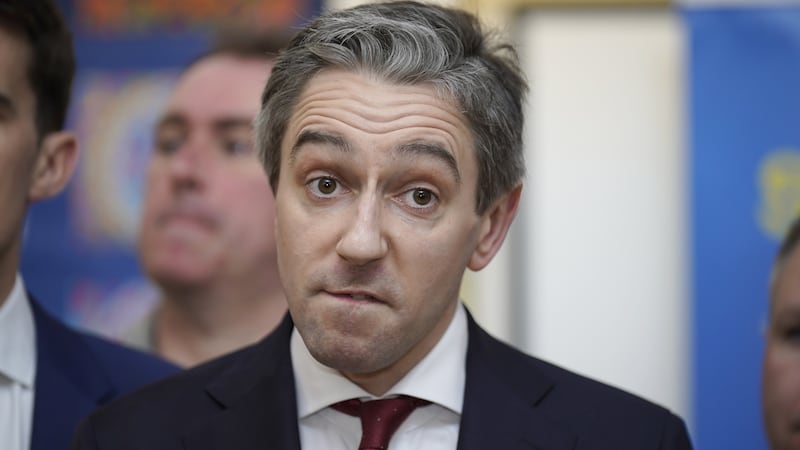As the Stormont executive prepares to make one of the most significant decisions of the current health emergency, a divergence in approach has become all too apparent which may have far-reaching consequences for us all.
No one can be in any doubt that the current trajectory of the pandemic is profoundly worrying. Not only have cases risen to alarming levels - more than 6,000 infections have been recorded in the last seven days - but, crucially, the number of patients being admitted with Covid-19 has also been increasing steadily.
Yesterday, the Department of Health's dashboard showed there were 140 people in hospital with 22 in ICU. Two weeks ago, there were 51 inpatients with six in intensive care.
We are plainly in a very difficult situation. Dr Gerry Waldron of the Public Health Agency has described our current level of around 1,000 cases a day as 'an astonishing number'.
However, it also has to be said that apart from generalised references to social gatherings it is not entirely clear why our rates, particularly in the north west, have shot up so dramatically.
Senior health officials are clearly deeply concerned about what is a worsening picture and have urged ministers to take "urgent and decisive" action to stem the tide of infections.
It is reported that chief medical officer Dr Michael McBride and chief scientific adviser Professor Ian Young have recommended a Northern Ireland-wide lockdown lasting four to six weeks which would include school closures for part of that period.
This week's executive meeting has been brought forward to discuss what is undoubtedly a monumental decision that cannot be delayed much longer.
Ministers are in an unenviable position as they have to take steps that will have implications for people's health, livelihoods, mental wellbeing and the wider economy.
So far, science has been guiding the decision making process but yesterday senior DUP MP Jeffrey Donaldson questioned the need for a six week lockdown across the north, pointing to varying rates in different areas, while education minister Peter Weir insisted that schools should remain open.
Meanwhile, Michelle O'Neill said the only way to get control of increasing transmission rates is to 'break and lessen social contact' acknowledging this will impact on the economy, particularly the hospitality, retail and service sectors.
While there may be differing views around the executive table, it is clear that robust action is needed to suppress the virus and any delays could be costly in health terms.






